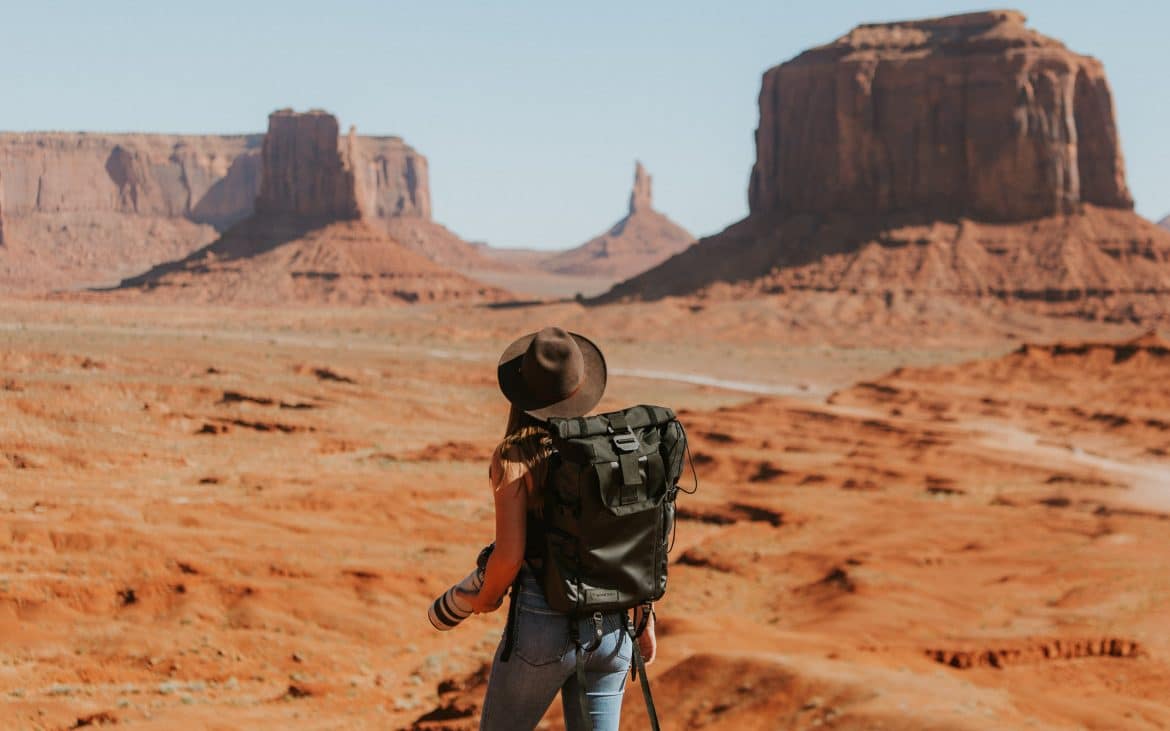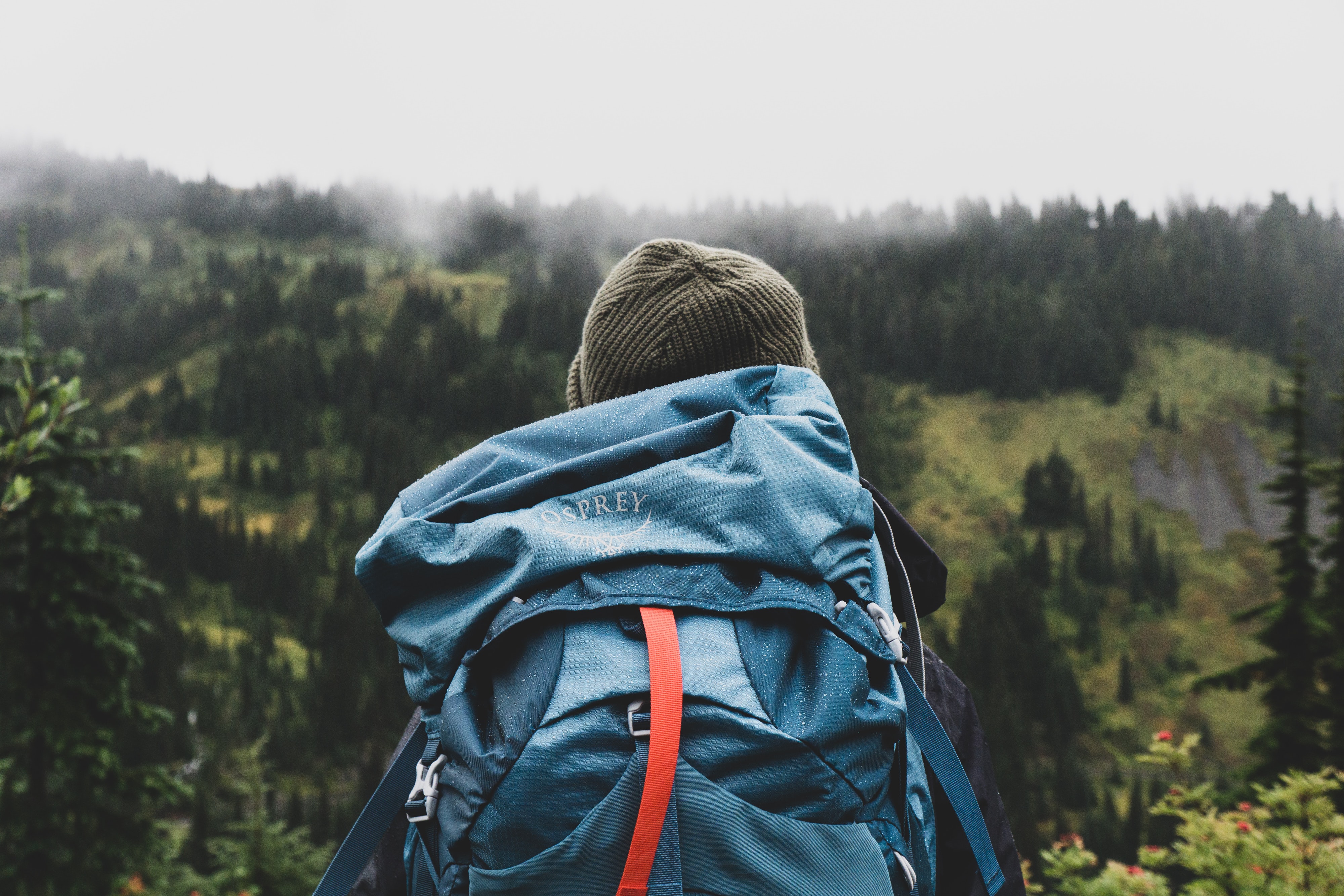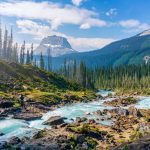Backpacking can be a risky undertaking, especially when doing it for the first time. Many people find this journey appealing because of the peace and quiet it delivers, the mental relaxation it gives, a chance to get away from the noisy city, and more. Backpacking for beginners may be risky, but it is challenging in the best sense. With just the right amount of planning and preparation, you can have the time of your life with just your backpack in tow.
Choose your Location
Where would you like to go to and why? Whether that be going camping, swimming, or hiking, choose a location that offers the activities you want. There are many locations for hiking. Some people choose world-famous trails like California’s High Sierra, Pacific Crest, and more. For beginners who don’t want to spend much money on the most popular trails, local options are always available.
Current conditions
Conditions consist of a lot of factors. According to Andrew Skurka, some of them include:
- Climate, e.g. temperatures, precipitation, humidity
- Daylight
- Ground cover, e.g. leaf-covered forest, granite slabs, snow
- Vegetation
- Sun exposure
- Water availability
- Navigational aids, e.g. blazes and signage, visibility, distinct topography
- Insects and wildlife
- Natural hazards like river fords and lightning

Exploring Monument Valley. Photo Credit: Unsplash, Ivana Cajina
You may not be familiar with some of these, but the most important condition to look out for is the climate or current weather conditions. This will allow you to pack accordingly and avoid bringing too many things inside your backpack. For some of the conditions above, you may not have any means to know, but doing a bit of research beforehand would save you in more ways than one.
Gear
Bringing the most expensive gear as a beginner may not be the best choice. If you were to invest in one thing during the trip, you must invest in your feet. You’ll be on them a majority of the time, especially if you’ll be hiking. For backpack size, one common misconception is “The bigger, the better.” Unfortunately, that is not the case. If you have a bigger backpack, you’ll be tempted to put more inside. It’s better to purchase a smaller, 40-50 liter backpack that is of good quality. It may not be the easiest trying to squish everything inside, but you’ll be thankful that your shoulders won’t suffer throughout the trip. Tents will always be essential when camping. There are recommended ones specifically for backpacking so do some research and choose the best one for your needs.
Supplies
The supply list is everything you “consume” throughout the trip and would most likely need to be replenished. For example, toilet paper, food, water, stove fuel if you cook, and the like. You will know what you need, so it’d be best to experiment with different types of things and see what would work best for your needs. Just always remember to bring first aid kits, medicine, and the like for potential hazards.
Skills
These can include reading a map and a compass for when you’re lost, safety precautionary measures for accidents that are likely to happen, your fitness levels, even planning the trip itself is a skill you may need more time to learn. It is not possible to be a master in all of these skills in a short period of time. You can try them one by one, or all at once. Don’t beat yourself up if you make mistakes. Keep in mind that some backpackers still make the most common mistakes even after years of trips. Skills always take time to learn, and there is no better teacher than experience. Try it out and you’ll learn throughout the journey.
These are just a few of the beginner backpacking tips one can learn along the way. Every person can learn on the trail, but one can never prepare too much. As a beginner, these backpacking tips are sure to help you in starting your first journey.




